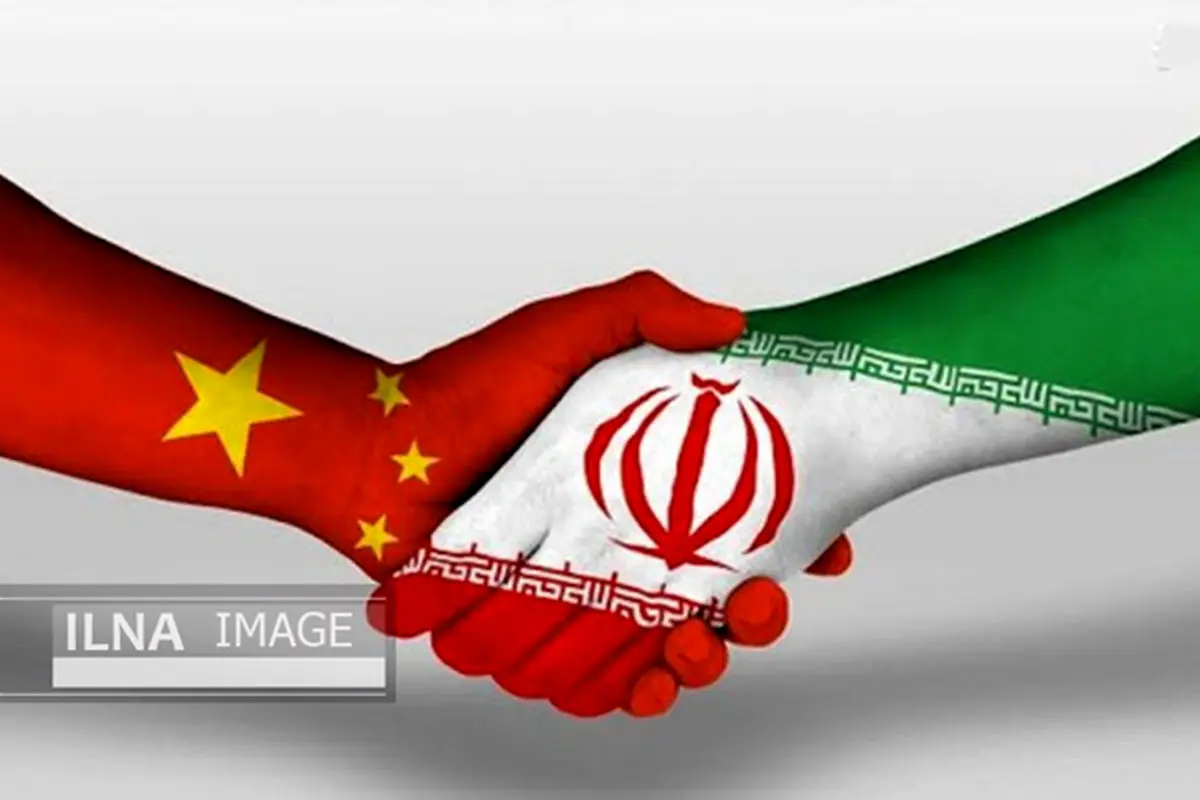Iran-China trade exchange likely to be doubled after removal of sanctions

Chairman of the Iran-China Joint Chamber of Commerce and Industries, Majid-Reza Hariri believes the trade exchange between Iran and China may likely be doubled if the U.S. sanctions against Iran are removed.
Speaking to ILNA, Hariri said that it is expected after the removal of the sanctions, the trade exchange between Iran and China faces a double-fold surge, adding that the total volume of trade between the two states was around $16b in 2020 but this trade has potential to hit $30b target.
Touching upon the trend of trade between Tehran and Beijing, he noted that the trade exchange between the two countries is divided into two categories of oil and non-oil. He added that the oil trade exchange is confidential and both Iran’s oil ministry and Chinese purchasers avoid revealing exact details of their trades.
He stated but in the non-oil category China has been accounted for one-fourth of Iran’s total imports of non-oil goods while currently the trade between the two countries is like the past and it has not changed significantly.
Hariri went on to say that as a bright outlook is expected for the removal of oil sanctions following the Vienna talks, the amount of trade between Iran and China will change considerably by the yearend if sanctions are removed because China is Iran’s major oil customer and it can affect the trade approach of both countries.
He stated it is natural that if sanctions are removed, there will be an opening for Iran’s imports because when the country sells more oil to China, the space for more imports from China will be broader.
He admitted that there is no precise statistics on the bilateral exchanges for recent five months and the released figures for the early months of the year cannot be a yardstick for assessing the whole amount of trade between Iran and China.
On the priorities of the next government’s ministry of industry, mine and trade, Hariri said that the ministry is part of the economic team of the government, and industry minister by himself is not important because he is one of the links of the executive chain of economic policy-making in the field of production and trade.
He noted that above all, one should see who will form the economic team of the government and how much they are in harmony and matched, adding that what has hurt the foreign trade in recent years has been inconsistency among the government’s economic team.
Hariri went on to say that if the economic policy-making, economic diplomacy and monetary, financial and banking policies are not clear and transparent, one cannot expect the industry ministry to show its full capacity.
He once again said that if sanctions are not removed, exports will not succeed and the current condition will continue.
He also reiterated that if the country’s tense relation with neighboring states or other countries is not resolved, the country will lose most of its markets and therefore all of these factors form a package.
Hariri once again emphasized that the future of national economy relies more on diplomacy team rather than relying on the economic team, and international and diplomatic policies are not in the hands of the governments and the whole establishment determines it.
He said if the Vienna talks succeeds, then one can have demands from the economic team, and then the priority should be a time-tabled plan which can be measured and monitored for curbing the inflation.
END
